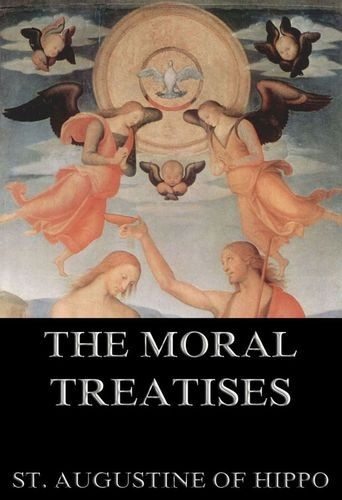- Ebook

The moral treatises contain much that will instruct and interest the reader; while some views will appear strange to those who fail to distinguish between different ages and different types of virtue and piety. Augustine shared with the Greek and Latin fathers the ascetic preference for voluntary celibacy and poverty. He accepted the distinction which dates from the second century, between two kinds of morality: a lower morality of the common people, which consists in keeping the ten commandments; and a higher sanctity of the elect few, which observes, in addition, the evangelical counsels, so called, or the monastic virtues. He practiced this doctrine after his conversion. He ought to have married the mother of his son; but in devoting himself to the priesthood, he felt it his duty to remain unmarried, according to the prevailing spirit of the church in his age. His teacher, Ambrose, and his older contemporary, Jerome, went still further in the enthusiastic praise of single life. We must admire their power of self-denial and undivided consecration, though we may dissent from their theory. Contents: St. Augustine: On Continence. [De Continentia.] St. Augustine: On The Good Of Marriage. [De Bono Conjugali.] Notice. St. Augustine: Of Holy Virginity. [De Virginitate.] St. Augustine: On The Good Of Widowhood. [De Bono Viduitatis.] St. Augustine: On Lying. [De Mendacio.] St. Augustine: To Consentius: Against Lying. [Contra Mendacium.] St. Augustine: Of The Work Of Monks. [De Opere Monachorum.] St. Augustine: On Patience. [De Patientia.] St. Augustine: On Care To Be Had For The Dead. [De Cura Pro Mortuis.] Footnotes
-
FormatoEbook
-
EstadoNuevo
-
Isbn9783849621100
-
Peso518.5 KB
-
Número de páginas343
-
Año de edición2012
-
IdiomaInglés
-
FormatoEPUB
-
ProtecciónDRM
-
ReferenciaBKW1731
